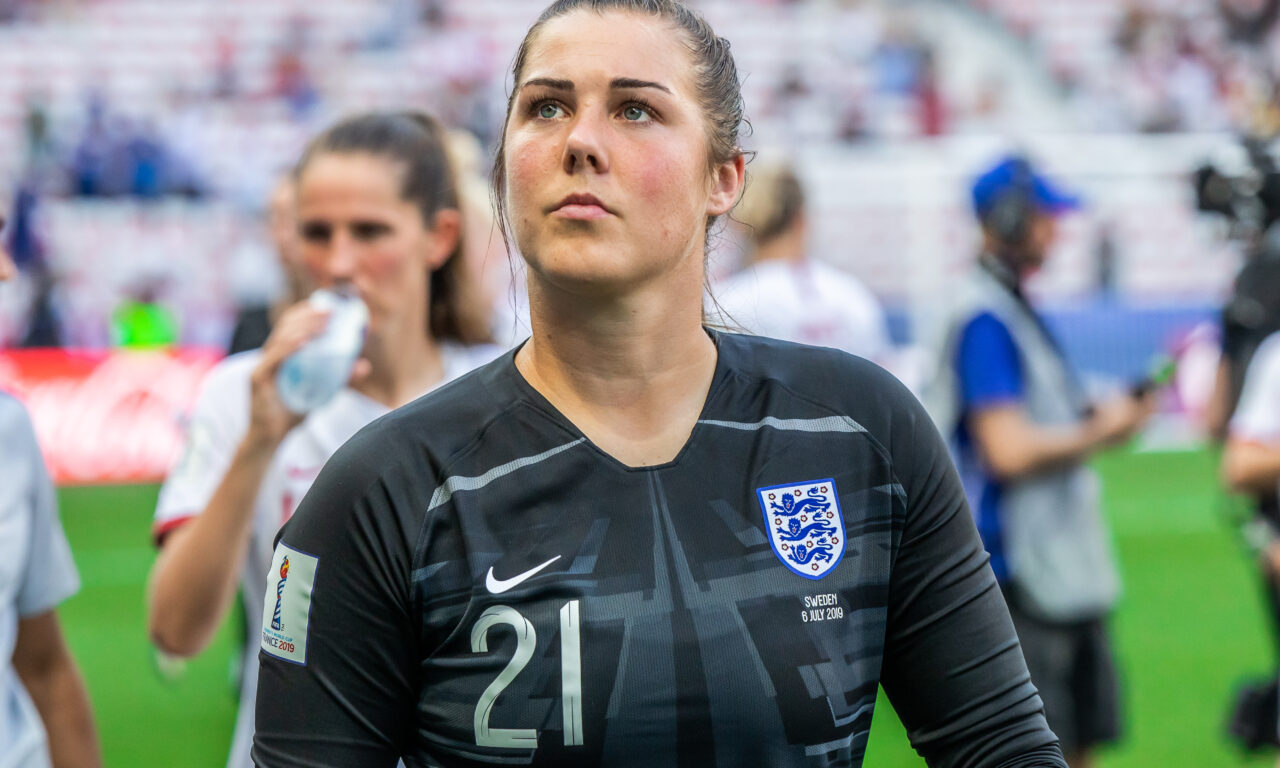B2B Sponsorship Success: Harnessing Brand Ambassadors

Sponsorship serves as a potent tool for B2B brands, extending beyond mere brand awareness to enhance perceived stature, demonstrate core values, strengthen client relationships, inspire employees, and generate leads. While B2C brands can broadly target audiences based on demographics such as gender, age, and economic status, for B2B brands, the primary audience filter is job title.
Traditional sponsorships, often seen in cricket, rugby, and golf, are effective for large B2B brands with ample budgets targeting affluent audiences. However, for many B2B brands operating within tighter budget constraints, such an approach is inefficient, as it allows for wastage with the realisation that much of the reached audience may never become clients.
Consequently, many B2B brands find themselves limited to participating in industry conferences or awards, missing out on the benefits that sponsorship can bring. However, there exists an alternative approach.
For B2B brands aiming to target audiences by job title, a smaller partnership with a brand ambassador who authentically represents the company's values offers a compelling solution. Rather than relying on a sponsorship partner to generate widespread brand awareness, B2B brands can engage clients and enhance their perception by partnering with an ambassador who resonates with their values. This partnership can then be effectively communicated through existing channels, such as websites, social media platforms, or even email signatures.
While this approach requires additional research to identify the ideal partner, the results and value for money make it a worthwhile investment. By strategically leveraging brand ambassadors, B2B brands can achieve targeted sponsorship benefits at a fraction of the cost, ensuring that their messaging reaches the intended audience with precision and impact.









